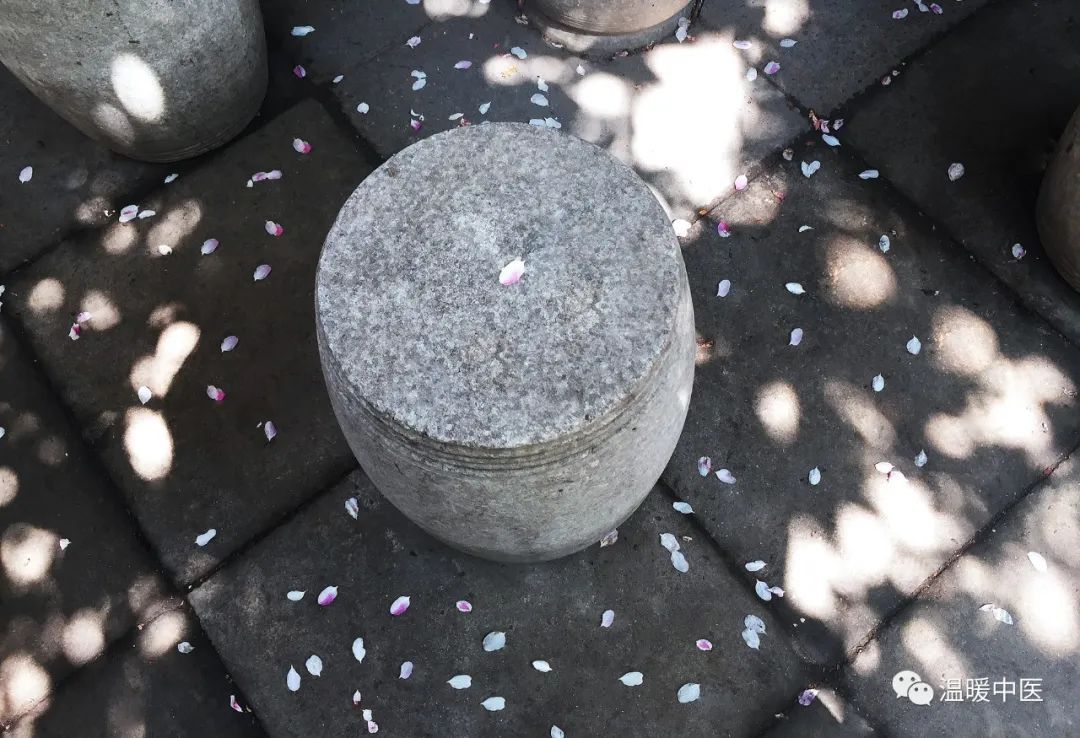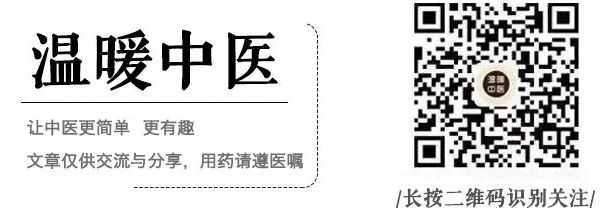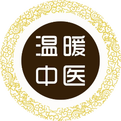
Click the blue text above to follow us

Written by: Warm TCM
In life, having great aspirations leads to great achievements.
■
When we feel a sense of tightness in the chest, difficulty breathing, and an urge to sigh, it is often attributed to Qi deficiency. However, there is another possibility: Qi stagnation.
Qi stagnation refers to the obstruction of Qi flow. A traditional Chinese medicine formula that can help to unblock this is the Mu Xiang Shun Qi Wan (Mu Xiang Qi Regulating Pill).
This formula is commonly found in the market, but it is not a modern invention; it has been documented much earlier, appearing in the Ming Dynasty publication Zheng Zhi Zhun Sheng (Principles of Diagnosis and Treatment).
Mu Xiang Shun Qi Wan: Mu Xiang (Aucklandia), Sha Ren (Amomum), Xiang Fu (Cyperus), Bing Lang (Areca), Gan Cao (Licorice), Chen Pi (Dried Tangerine Peel), Hou Po (Magnolia Bark), Zhi Qiao (Bitter Orange), Cang Zhu (Atractylodes), Qing Pi (Green Tangerine Peel), Sheng Jiang (Fresh Ginger)
Mu Xiang is the key ingredient, playing a major role. Mu Xiang has a strong aroma and dispersing power, which helps to unblock Qi flow. It travels through the San Jiao Jing (Triple Burner Meridian), regulating Qi throughout the body. According to the Ben Cao Gang Mu (Compendium of Materia Medica), it is noted that “Mu Xiang is a medicine for the Qi of the San Jiao, capable of ascending and descending various Qi.”
With Mu Xiang as the main ingredient, it is even better to combine it with other herbs that soothe the liver and regulate Qi. This is because the liver governs the smooth flow of Qi, and Qi stagnation often results from liver dysfunction. By regulating liver Qi, it can help to harmonize Qi throughout the body.
Thus, Xiang Fu (Cyperus) is added, which enters the liver channel to soothe the liver and regulate Qi, historically known as the master herb for Qi disorders.
Additionally, Qing Pi (Green Tangerine Peel) and Chen Pi (Dried Tangerine Peel) are included. The tangerine herbs are categorized into ripe (Chen Pi) and unripe (Qing Pi). Qing Pi has a fresh, sharp quality, while Chen Pi is milder. The difference in their properties allows for a range of actions, with Chen Pi being gentle and Qing Pi being potent enough to break Qi stagnation.
Bing Lang (Areca) and Zhi Qiao (Bitter Orange) are also effective in breaking Qi stagnation. Zhi Qiao is milder, while Zhi Shi (Unripe Bitter Orange) is more forceful, similar to the relationship between Qing Pi and Chen Pi. Bing Lang has a strong Qi that can penetrate through stagnation. Severe Qi stagnation, characterized by excess conditions, requires the use of more potent herbs, such as Qing Pi, Zhi Qiao, and Bing Lang.
Qi stagnation can lead to water retention and abnormal fluid metabolism, resulting in dampness. Cang Zhu (Atractylodes), Hou Po (Magnolia Bark), Chen Pi (Dried Tangerine Peel), and Gan Cao (Licorice) are components of the Ping Wei San (Calm the Stomach Powder), which is specifically designed to eliminate dampness from the spleen and stomach. It is also possible that dampness precedes Qi stagnation, obstructing the flow of Qi. Observing the tongue coating can easily lead to this conclusion; individuals with dampness often have a white, greasy tongue coating.
At this time, it is essential not only to move Qi but also to address the spleen and eliminate dampness. Only by clearing dampness can Qi flow smoothly. Adding Sha Ren (Amomum) enhances spleen function, invigorating the spleen and stomach, which can help to transform dampness. Sha Ren not only strengthens spleen function but also moves Qi, making it very effective in cases of dampness obstructing Qi flow.
Finally, Sheng Jiang (Fresh Ginger) is used to warm the stomach and dispel cold, creating a warm and comfortable environment for the spleen and stomach to function effectively.
Mu Xiang Shun Qi Wan is suitable for conditions resulting from Qi stagnation leading to excess symptoms. Although there may be feelings of tightness, belching, acid reflux, the individual still feels energetic and motivated. Strength indicates excess, while weakness indicates deficiency. True Qi deficiency is characterized by noticeable fatigue, lack of energy, reluctance to move, low speech, and a weak voice.
Copyright Notice
This article was first published on the WeChat public account Warm TCM. All rights reserved. Any infringement will be pursued!


